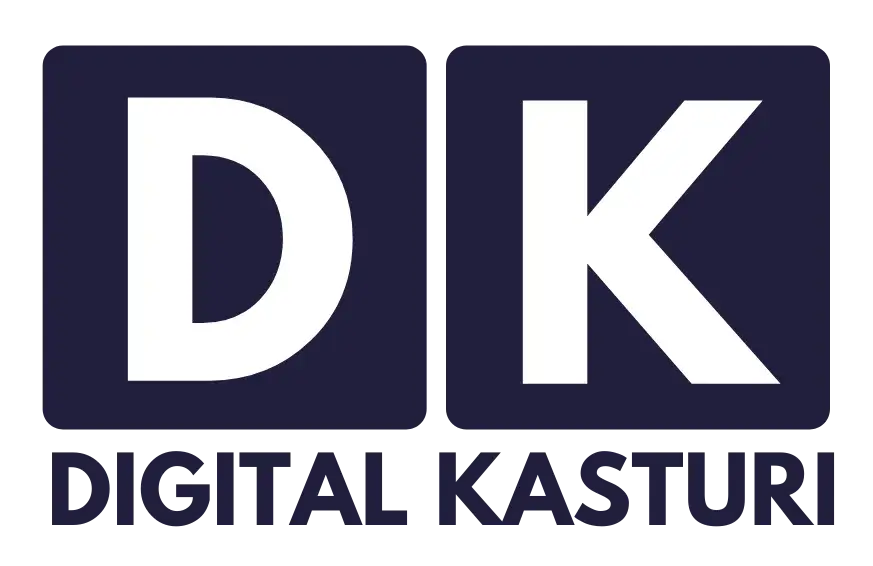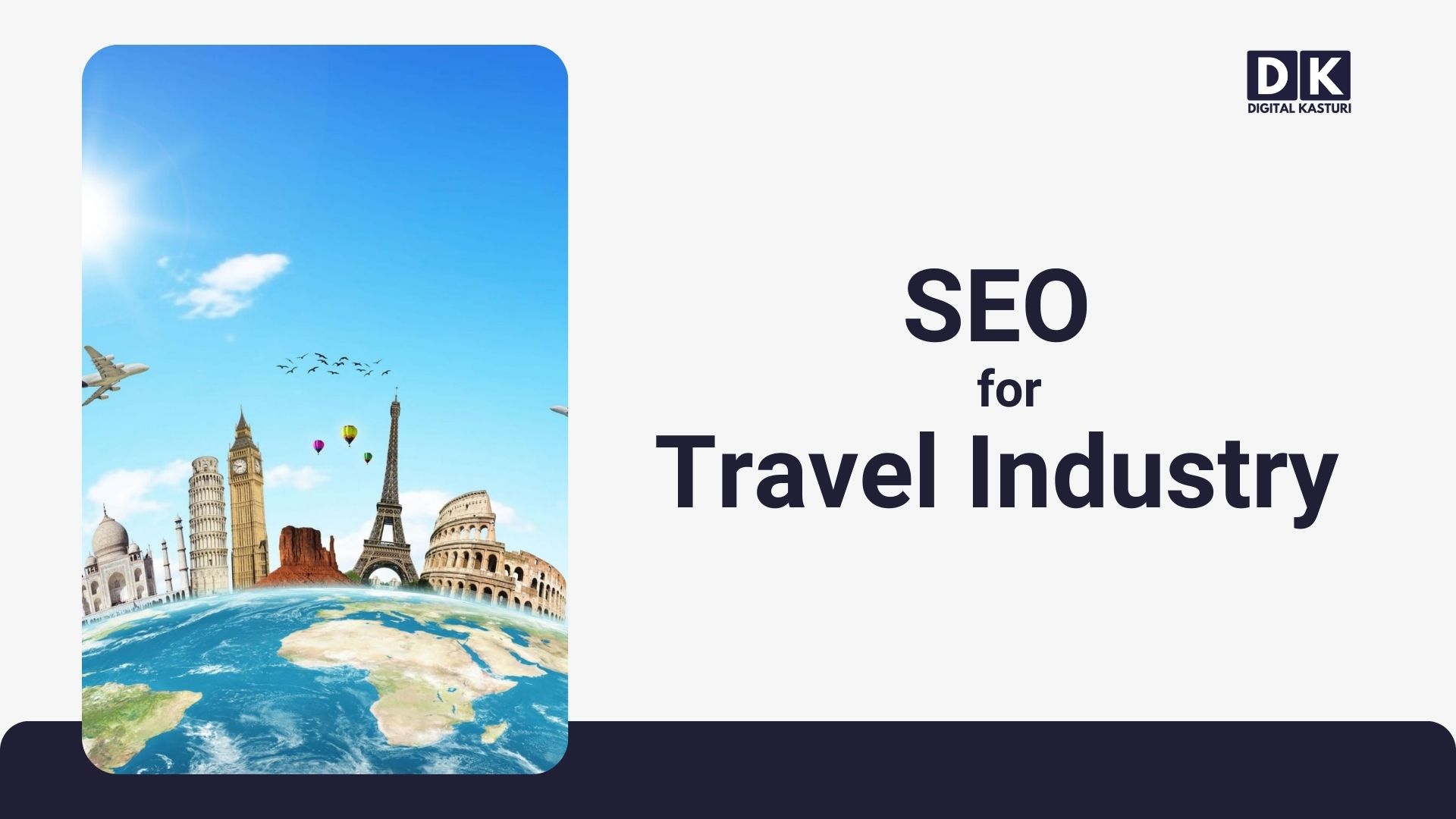In the competitive travel industry, online visibility is essential. With millions of travelers searching for their next destination, having a well-optimized website can be the difference between success and obscurity. A solid SEO strategy helps travel websites rank higher, attract more traffic, and ultimately increase revenue. Here’s a comprehensive blueprint to mastering SEO for travel websites, helping you turn search engine rankings into real, bookable trips.
Table of Contents
ToggleUnderstanding the Unique SEO Needs of Travel Websites
The travel industry is heavily competitive, with both large booking platforms and niche travel sites vying for attention. SEO for travel websites requires a unique approach, as users often look for specific, detailed information related to destinations, activities, accommodations, and travel tips. Optimizing for these interests while making sure your site is user-friendly and informative is crucial for capturing visitors and converting them into loyal customers.
Perform Thorough Keyword Research
Keyword research is at the core of any successful SEO strategy. For travel websites, it’s crucial to target keywords that match user intent. Travel keywords often fall into three categories:
- Informational Keywords: Keywords like “best beaches in Florida” or “top tourist attractions in Paris.”
- Navigational Keywords: Users who search for specific brands or agencies like “TripAdvisor hotels” or “Airbnb New York apartments.”
- Transactional Keywords: These focus on users ready to book, such as “cheap flights to Fort Worth” or “all-inclusive resorts in Cancun.”
To stand out, you’ll want to identify niche keywords with lower competition yet high relevance. Targeting long-tail keywords like “unique honeymoon spots in Italy” can help attract users with specific needs. This will also improve your chances of ranking for voice search, which is growing in popularity in the travel industry.
Optimize Your On-Page SEO for Better Search Rankings
Optimizing on-page elements helps search engines understand the relevance of your content. Make sure to:
- Optimize Titles and Meta Descriptions: Include your primary keyword in each title tag and meta description. Make it engaging, clear, and specific.
- Use Header Tags Properly: Organize content with H1, H2, and H3 tags, using them to structure content hierarchically. This makes it easier for readers and search engines to navigate.
- Incorporate Internal Links: Link to related pages within your site. For example, a blog post about “adventurous places to visit in Europe” could link to your “Europe Tour Packages” page.
- Add High-Quality Images with Alt Text: Travel is visual, so include stunning images on every page and ensure each has descriptive alt text. This not only improves accessibility but also increases the chances of your images appearing in Google Image search results.
Create Engaging, Informative, and Unique Content
Content is king, especially in the travel industry, where users crave detailed and inspiring information. Here are some content strategies to consider:
- Destination Guides: Create in-depth guides on popular destinations, covering things to do, best times to visit, and insider tips. Include unique insights that set your content apart from competitors.
- Travel Itineraries: Users often search for planned itineraries, especially for specific time frames like “7-day itinerary for Italy” or “48 hours in Paris.” Providing these will attract users in the planning phase.
- Local Experiences and Recommendations: Provide recommendations for local experiences that travelers won’t find on typical booking sites. Highlight hidden gems, restaurants, local tours, or events.
- User-Generated Content: If possible, feature content from customers or travelers who have used your services. Real experiences and reviews are highly valued by prospective travelers.
Consistent, high-quality content will establish your website as an authority, encouraging users to return and share your content.
Optimize for Local SEO to Capture Destination-Based Searches
If your travel services are focused on a specific location, like Fort Worth, optimizing for local SEO is essential. Travelers often search for location-based queries such as “best hotels in Fort Worth” or “top-rated restaurants in Fort Worth.” A Fort Worth SEO company like Digital Kasturi can help you optimize for these searches, boosting your visibility to users interested in that location.
- Claim Your Google My Business Listing: For location-based services, this is essential. Ensure your listing is complete and includes photos, reviews, and accurate contact details.
- Incorporate Location-Based Keywords: Use phrases that connect your business with its specific location. Include landmarks or neighborhoods near your business to capture local traffic.
- Get Local Citations: List your business on relevant directories like TripAdvisor, Yelp, or tourism-focused platforms, especially those with high domain authority.
Leverage Technical SEO for Better Performance
Technical SEO ensures that your website is easy to crawl, fast, and mobile-friendly—key factors for both users and search engines.
- Mobile Optimization: Travelers frequently search on their mobile devices, so a responsive, mobile-optimized website is crucial. Ensure all elements load properly on various devices, and that navigation remains intuitive.
- Improve Site Speed: Google prioritizes faster sites, so minimize image file sizes, leverage browser caching, and compress files where possible. A fast-loading site reduces bounce rates and improves user experience.
- Use Schema Markup: Schema markup can enhance how your website appears in search results by adding elements like star ratings, price ranges, and special offers. These rich snippets make your content more appealing and increase click-through rates.
Build Backlinks from Reputable Travel Sites
Backlinks from authoritative sites signal credibility to search engines, helping improve your rankings. To gain these valuable links, try:
- Guest Blogging on Travel Sites: Contribute to well-known travel blogs and include a link back to your site.
- Collaborating with Influencers: Partner with travel influencers to promote your services. Their backlinks can drive traffic and authority.
- Getting Listed on Travel Directories: Many online travel directories allow you to list your services. Opt for well-known directories, as they tend to have strong domain authority.
Use Social Media to Boost Visibility and Engagement
Social media is a powerful tool for engaging with your audience and promoting content. Share blog posts, travel guides, and user-generated content across platforms like Instagram, Pinterest, and Facebook. These platforms are ideal for showcasing beautiful travel destinations, promoting travel deals, and directing followers to your website.
Conclusion
Mastering SEO for travel websites requires targeted strategies that meet both user needs and search engine requirements. From in-depth keyword research and content creation to technical optimization, each element plays a role in making your site visible and attractive to potential travelers.
For expert SEO services tailored to the travel industry, trust Digital Kasturi, a trusted Fort Worth SEO company with the expertise to enhance your website’s visibility, engagement, and revenue.








